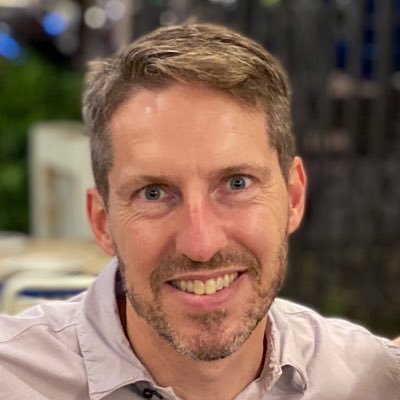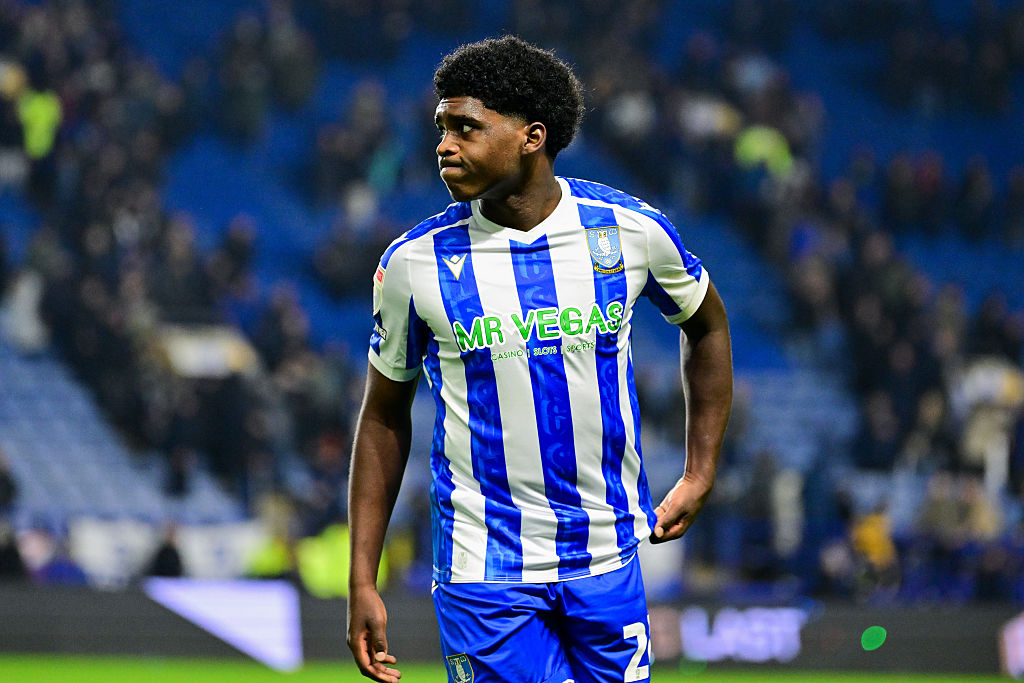At home with Lucas Radebe
The best features, fun and footballing quizzes, straight to your inbox every week.
You are now subscribed
Your newsletter sign-up was successful
Want to add more newsletters?

Five times a week
FourFourTwo Daily
Fantastic football content straight to your inbox! From the latest transfer news, quizzes, videos, features and interviews with the biggest names in the game, plus lots more.

Once a week
...And it’s LIVE!
Sign up to our FREE live football newsletter, tracking all of the biggest games available to watch on the device of your choice. Never miss a kick-off!
Join the club
Get full access to premium articles, exclusive features and a growing list of member rewards.
âÂÂItâÂÂs not safe for you to walk to the stadium alone,â agreed the receptionist and a customer in my hotel in Port Elizabeth, a World Cup host city, ahead of the derby between Kaizer Chiefs and Orlando Pirates. âÂÂNot safe for a white person.âÂÂ
As I sat in my hotel room looking over the Indian Ocean contemplating rubbing boot polish on my boat, my 13-year-old brother Sam called.
âÂÂIâÂÂve been signed by Stockport County for two years,â he said excitedly. HeâÂÂs a centre forward, captain of his school team and scored over 50 goals last season. HeâÂÂll now train with County and play for their junior sides every weekend â a future Kevin Francis if he were black.
I drove to the stadium in Port Elizabeth, where I was one of very few white faces in a 30,000 crowd. There were crushes, curses and confusion outside the ground. Chiefs won 2-0.
Pirates & Chiefs fight for the right to play Man United again
The next morning, I flew from Port Elizabeth to Johannesburg where I was driven to meet Lucas Radebe, the former Leeds and South Africa captain, by his business manager Glynn Binkin. Radebe has never had an agent.
Lucas was watching his kids at their sports day. They idolised him. After, he took me to his house and encouraged me to look around. There was plenty to see. Not every player has pictures and notes from Nelson Mandela.
The best features, fun and footballing quizzes, straight to your inbox every week.
If Lucas was a cult hero in Leeds, heâÂÂs close to a god with his compatriots. One survey put him second in people South Africans most respect behind Mandela.
FourFourTwo (right) with Lucas Radebe & friends
Despite his wife being unwell in hospital, Lucas spent the afternoon driving me round Soweto, the dense township of four million where he grew up. It was utterly fascinating and he was a great host. I met several white people from Johannesburg who have never been to Soweto as they donâÂÂt consider it safe. With Lucas, there wasnâÂÂt any danger.
He had a tough upbringing and admitted that he used to steal cars, before his parents sent him away from home because he was getting into too much trouble.
He only returned after signing for the Kaizer Chiefs (and the Leeds connection meant that the band took the name, though they spelt it wrongly as âÂÂKaiserâÂÂ), where a lack of space in his house meant he slept on the floor in the kitchen. Then, at 18, he was shot outside his house. He still doesnâÂÂt know why.
Lucas took me to the only road in the world where two Nobel peace prize winners have houses â Mandela and Desmond Tutu. Some local kids rapped for us, we visited Soccer City - the stadium which is being refurbished ahead of staging the 2010 World Cup Final - some informal settlements where there is no electricity and running water, his old house, his brotherâÂÂs place and the slag heaps from the gold mines where he played as a kid.
Don't worry, it'll be ready in time. They always are
He couldnâÂÂt do enough. We went to see his barber, his old school (where a cow was tied up outside waiting to be eaten) and the Orlando Pirates 'stadium before he dropped me back off at my hotel after telling me his stories of life under apartheid and playing against Manchester United. It was a privilege to spend so much time with Lucas Radebe.
Finally, he wound me up about Manchester United, saying that he had once turned down a move to Old Trafford for more money because his heart was at Elland Road. I told him about getting punched by the moody tunnel on the Lowfields Road by Leeds fans before a Leeds-Manchester United game in 1992. He laughed!
Many footballers change opinion with the wind. He was adamant. âÂÂIâÂÂm Leeds.â End of. Fair playâ¦but his son is a Manchester United fan.

Andy Mitten has interviewed the likes of Lionel Messi, Eric Cantona, Sir Alex Ferguson and Diego Maradona for FourFourTwo magazine. He also founded and is editor of United We Stand, the Manchester United fanzine, and contributes to a number of publications, including GQ, the BBC and The Athletic.
 Join The Club
Join The Club










